Linda Burney says Indigenous voice to parliament has been ‘no flight of fancy’ as bill passes lower house
The government has been ‘careful and consultative’ on the voice, insists Indigenous Australians Minister ahead of a likely October referendum.
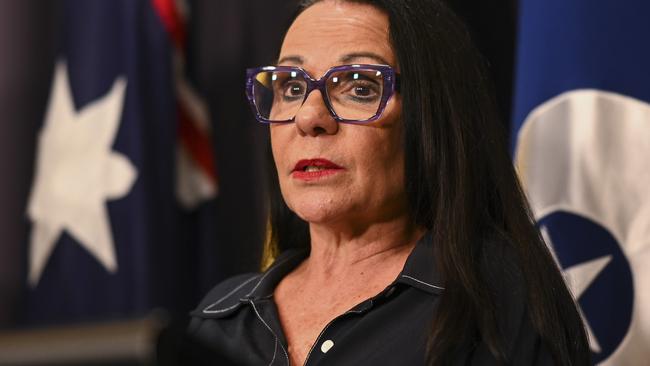
The Albanese government has been “extraordinarily careful and consultative” in forming the Indigenous voice to parliament, Linda Burney has declared, urging Australians to look at publicly available information to understand the advisory body.
The country is on track to head to a referendum between October and December this year, with the government’s legislation outlining the question and constitutional amendment that Australians will be voting on passing the House of Representatives on Wednesday.
The Constitution Alteration Bill is due to clear the final parliamentary hurdle – receiving an absolute majority of support from senators – in June, before the five-week winter break.
“I hear the doomsday people but I know the work that’s been done,” Ms Burney, the Indigenous Australians Minister, said.
“I know many of the individuals that are involved and coming on board. And like we’ve said, this is where the rubber hits the road. This is where the campaign actually gets into full swing.
“We have been extraordinarily careful and consultative in relation to the question and the amendment.
“We have had a First Nations working group, we’ve had a First Nations engagement group, we’ve also had the involvement – headed up by the Attorney – of a legal expert group, some of the best constitutional legal minds in the country. So this has not been some flight of fancy.
“This has been an extremely positive, incredibly consultative and careful undertaking.”
Attorney-General Mark Dreyfus said it was vital the voice be able to make representations to the executive government, and Australians should not lose sight of what the referendum was about.
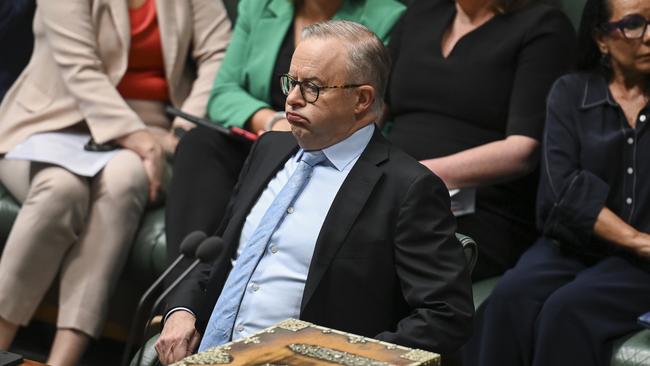
When asked if the government’s greatest challenge was that people would not understand how the voice worked when they entered the ballot box, Mr Dreyfus said: “The referendum is about two things - it’s about recognising, it’s about listening.
“All of the distractions and misinformation and disinformation that’s been presented over the course of the last couple of weeks in this parliament, that’s not going to be what Australians have in their mind when they come to vote at the referendum later this year.”
While polling shows many Australians are unsure of the details of the voice, Ms Burney said they would have “an enormous understanding” if they look 15 minutes to read the voice.gov.au and Yes23 campaign websites, as well as the dialogues that culminated in the Uluru Statement from the Heart.
Ms Burney didn’t rule out releasing further design principles or information on how the voice would work in practice.
But she added: “I will be guided by the engagement group, the referendum working group and, of course, my colleagues on what information is available.”
Opposition Indigenous Australians spokeswoman Jacinta Nampijinpa Price said Ms Burney’s and Mr Dreyfus’s comments were “cute and misleading”.
“The more people learn about the voice, the more they are likely to vote no,” Senator Nampijinpa Price said.
“Labor has declared the voice will be instrumental in a whole-of-government-wide change. It is vital that Australians are given the truth about how it will impact them. It’s why I quizzed departments last week about how it will impact their operations and, not surprisingly, they had no idea. This is alarming, and all Australians have every right to be concerned.”
Anthony Albanese said the referendum could be a moment of national unity, just as Kevin Rudd’s apology was. Hitting back at Peter Dutton, who has labelled the advisory body the “Canberra voice”, the Prime Minister said it did not begin in the nation’s capital and had not been rushed into.
“The voice is the means to an end. The end is about closing the gap,” he said.
HOW THE LOWER HOUSE VOTE HAPPENED
There was applause as the Speaker of the House Milton Dick confirmed its passage through the chamber, with 121 ayes and 25 nos.
The legislation – which sets out the question and amendment that Australians will vote on at the referendum – now heads to the Senate. There are increasing expectations the poll will be in mid-October.
All Nationals MPs and several Liberal MPs opposed the bill but there was an absolute majority in favour of it, as required by the Constitution in order to progress the referendum.
The show of bipartisanship was purely symbolic.
Most Liberal MPs sat with Labor in the chamber but will vocally oppose the government’s proposed voice during the campaign.
The Opposition Leader had pledged the party would support the bill so Australians would be able to have their say at the referendum.
Ten Liberal MPs designated themselves to vote against it, so they could contribute to the No pamphlet that will be sent out to around 12 million Australian households.


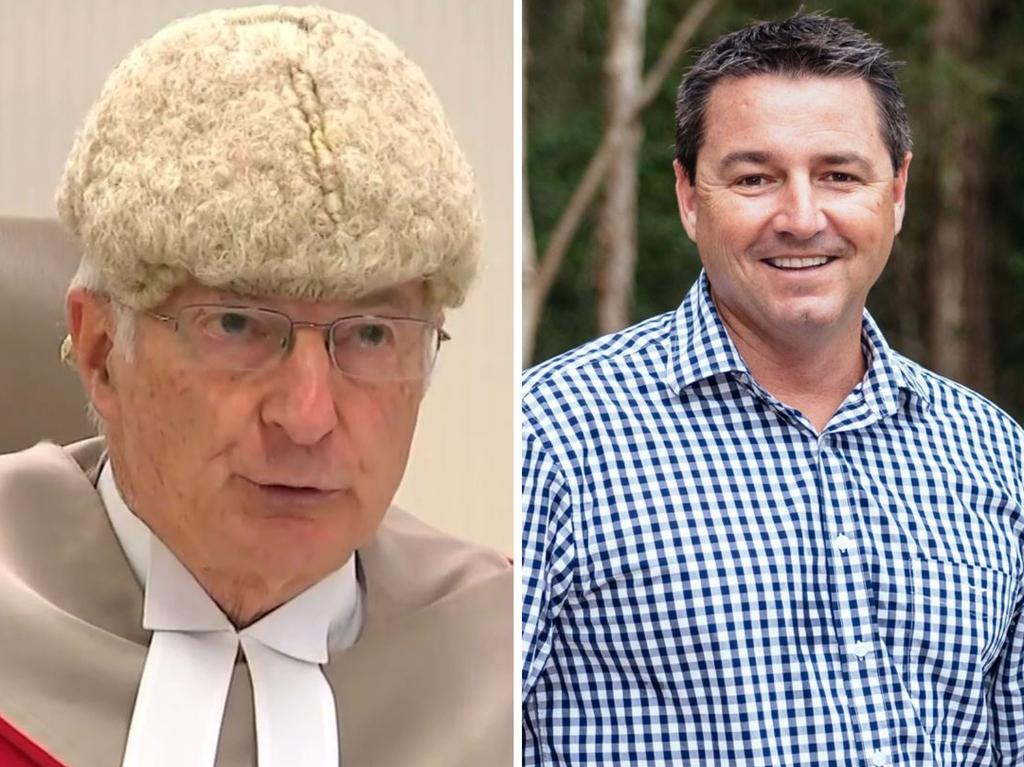
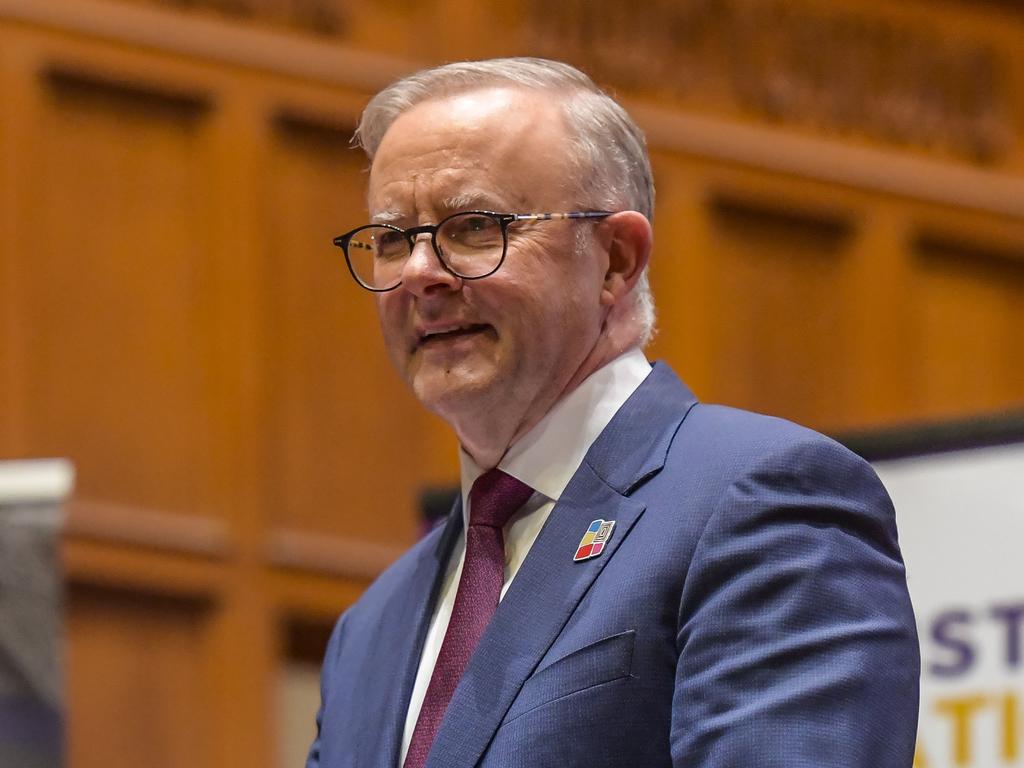
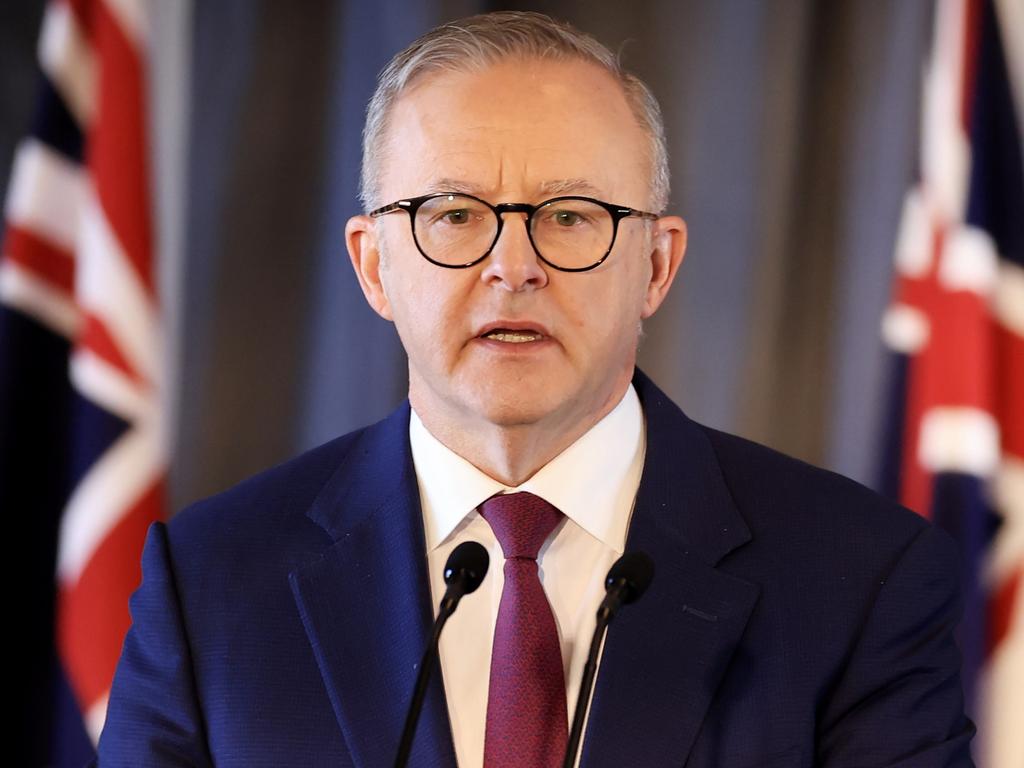
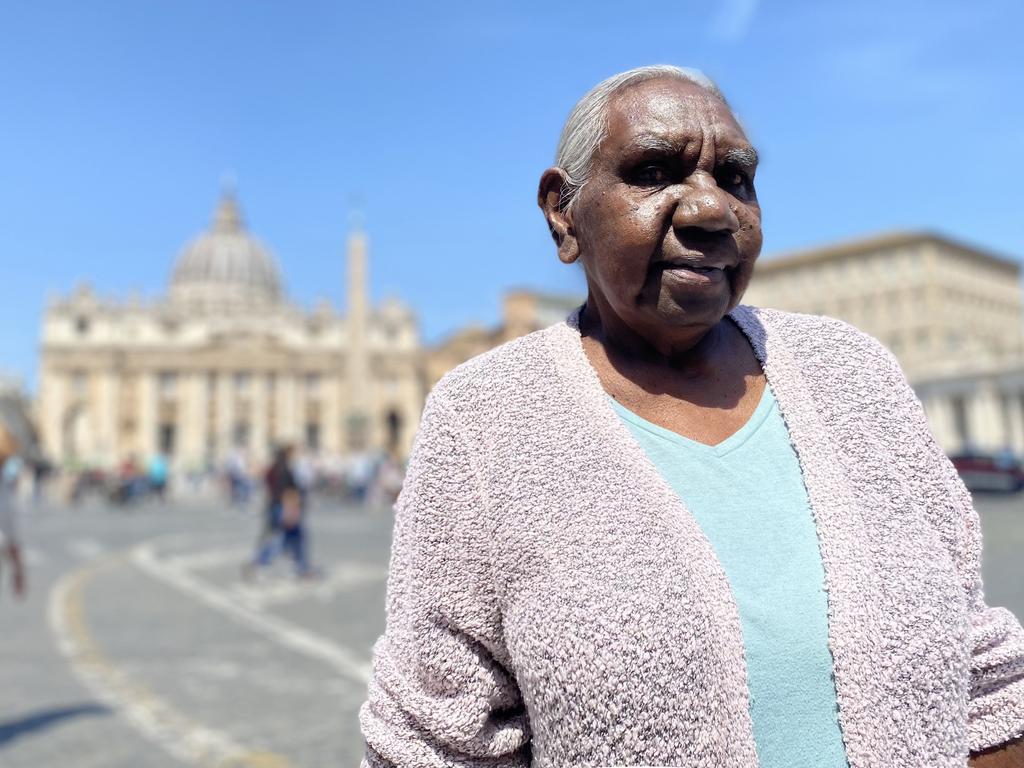
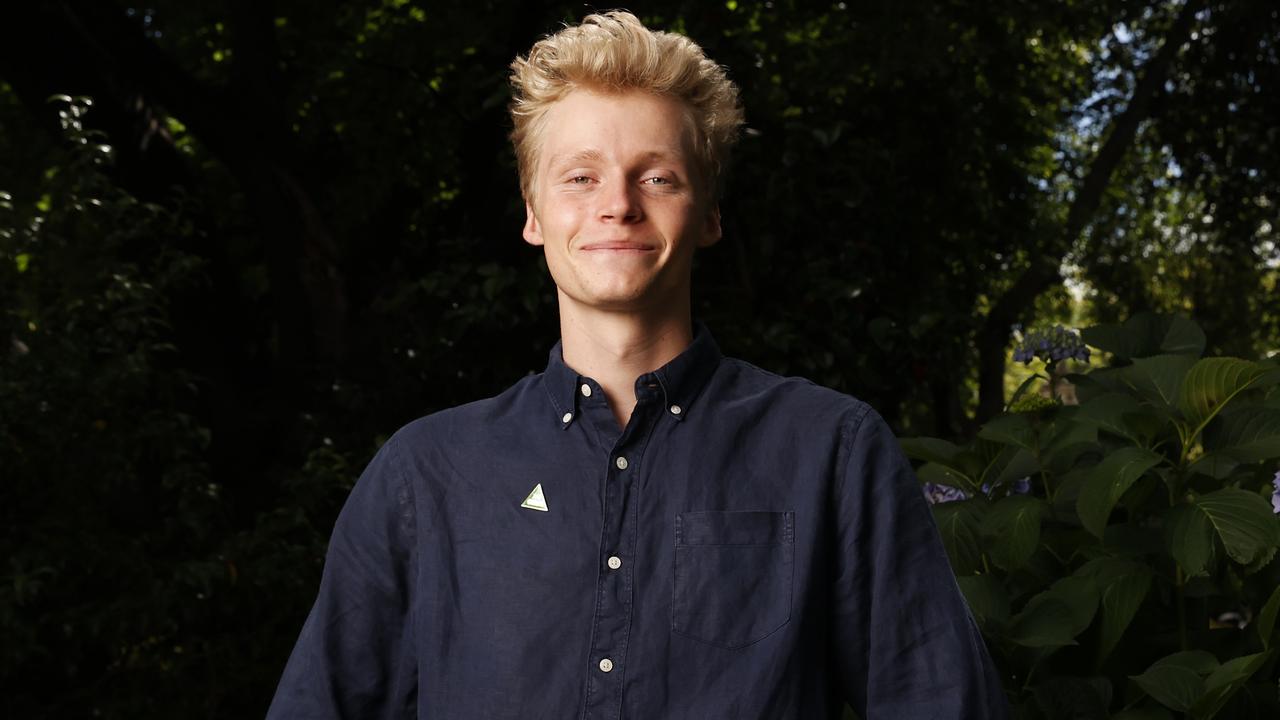
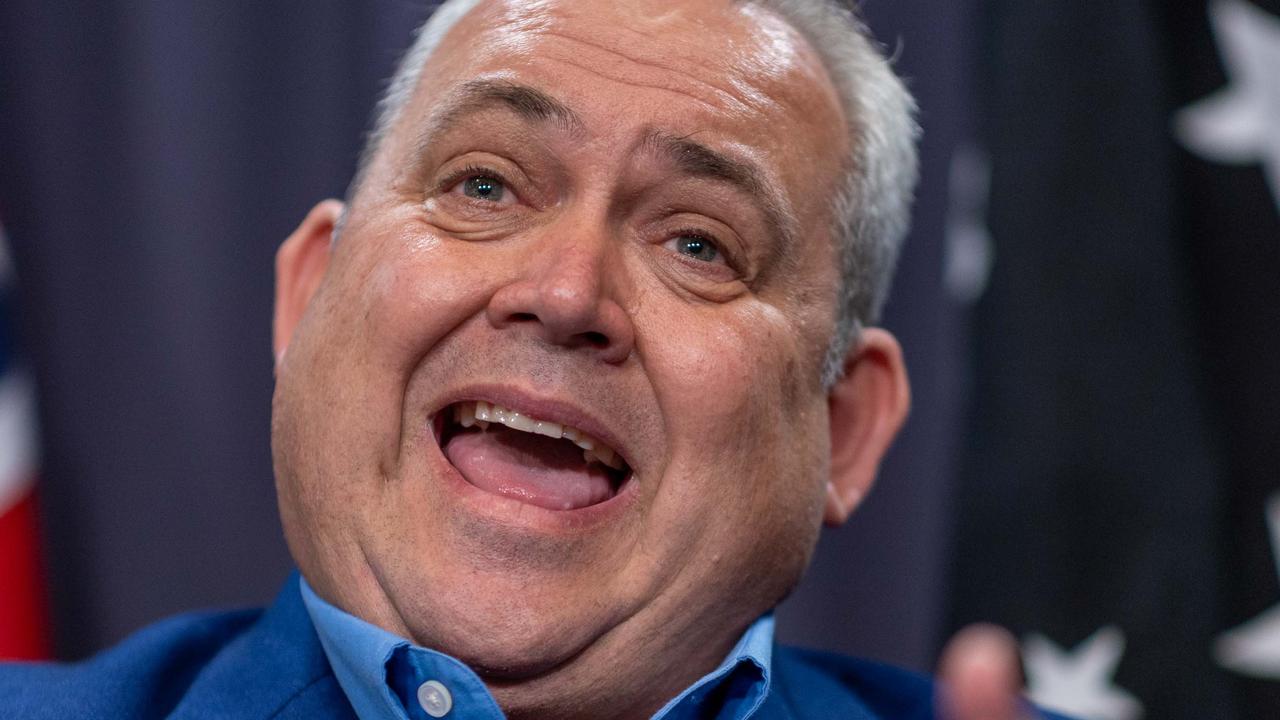
To join the conversation, please log in. Don't have an account? Register
Join the conversation, you are commenting as Logout